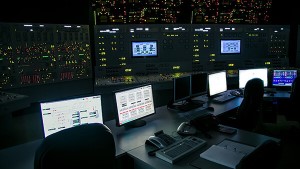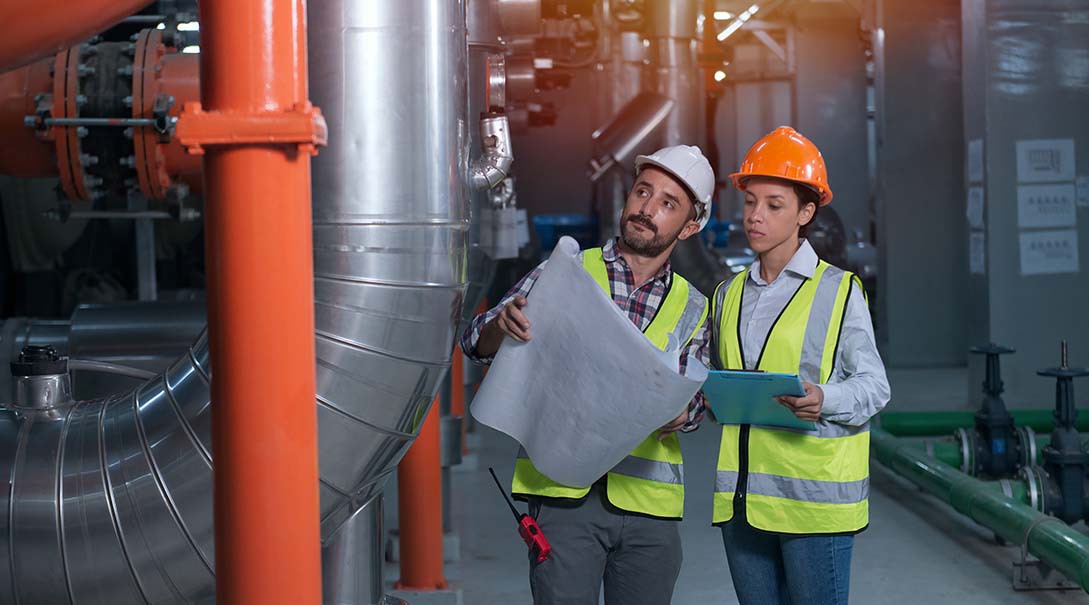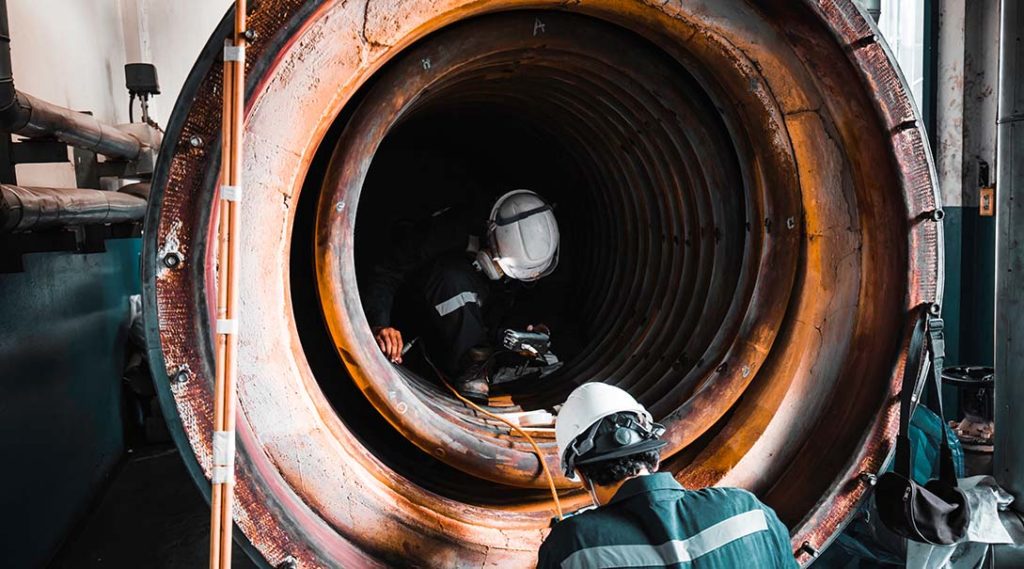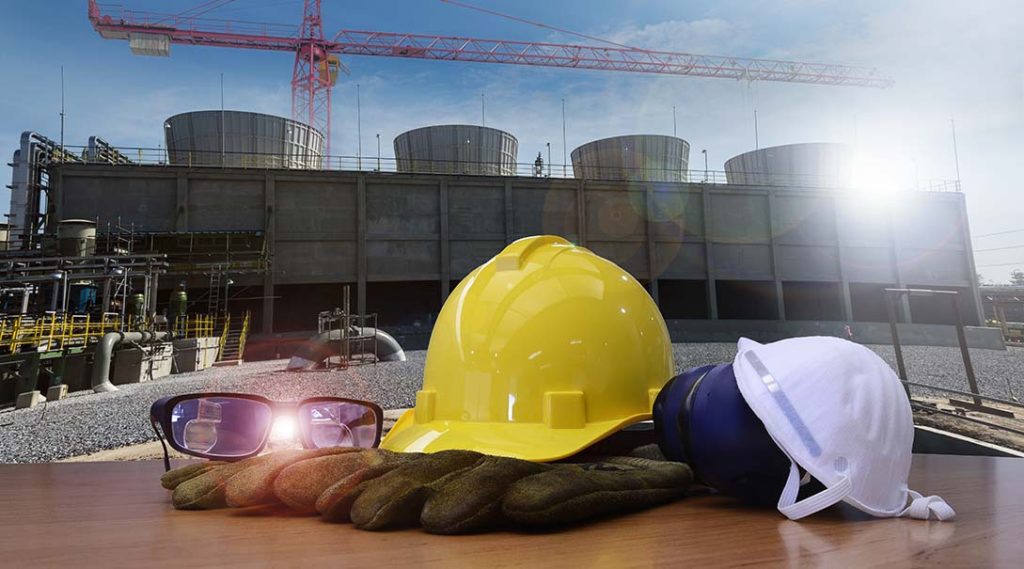A power plant can be a somewhat dangerous environment. However, that doesn’t mean it needs to be. By taking certain basic safety steps, you can substantially minimize the odds of employees being harmed due to avoidable on-the-job accidents. What’s most important is that you adhere to all official safety regulations and laws. The following power plant safety tips can also help you protect your workers.
Nuclear Power Plant Safety Tips
To boost the safety of your workers at a nuclear power plant, you can:
1. Emphasize Remote Equipment Handling
One of the most well-known ways to improve employee safety at nuclear power plants is to ensure that workers have the option to perform tasks by remotely operating equipment instead of directly exposing themselves to potential hazards. Although that’s not always an option, as some tasks can only be performed directly, in many instances, various types of equipment and technology give workers the option to perform their duties in safe environments.
2. Inspect Safety Equipment
 You already know that it’s important to provide your workers with the necessary safety attire and gear. However, you must also remember to inspect and maintain this equipment regularly. You don’t want a worker being harmed because a piece of gear meant to protect them had been damaged, and no one noticed.
You already know that it’s important to provide your workers with the necessary safety attire and gear. However, you must also remember to inspect and maintain this equipment regularly. You don’t want a worker being harmed because a piece of gear meant to protect them had been damaged, and no one noticed.
3. Monitor Radiation
Radiation leaks at nuclear power plants are much rarer than many people who don’t work in this industry may expect. That said, because radiation has the potential to cause significant harm, it’s still vital that you monitor radiation levels throughout your plant.
This is key to determining whether the environment is safe to work in daily. If you do notice any potential signs of radiation leaks, remove your employees from the area right away and do not allow anyone to continue working in that part of the plant until you’ve confirmed that the problem has been thoroughly addressed.
4. Don’t Overlook Cyberthreats
 Ensuring plant safety doesn’t just involve protecting the actual plant itself. You must now remember that cyber threats can also have major consequences if not properly guarded against.
Ensuring plant safety doesn’t just involve protecting the actual plant itself. You must now remember that cyber threats can also have major consequences if not properly guarded against.
Coordinate with your IT team to evaluate the strength of your various cybersecurity measures. If they suggest additional steps you can take to improve the security of your network, heed their advice.
5. Wear Tinted Goggles
Nuclear power plants are, of course, not the only types of power plants where safety is of the essence. For instance, some power plants may require some workers to be in the presence of flames or furnaces at various times.
In a confined space, the light flames or furnaces can be harmful to the eyes. Employees should protect themselves (with the help of their employers) by always wearing proper tinted goggles in these environments.
Plant Safety Considerations and Requirements
There are certain general power plant safety considerations you should always be aware of when operating virtually any type of power plant. Along with those already mentioned, considerations and requirements you need to prioritize include:
Exit Routes
That said, emergencies can and do happen sometimes. You need to be prepared. Following power plant safety tips like those listed here will help you prevent emergencies.
Doing so involves making sure that employees have easy means of quickly removing themselves from hazardous environments. For example, suppose it’s discovered that high levels of radiation are present in certain areas of the plant where they should not be. In that case, any employees working in those areas (particularly if they aren’t wearing the necessary safety gear) need to get to a safe spot fast.
Those designing and building power plants must do so in a way that offers employees reasonable exit routes in emergencies. Those operating plants that have already been constructed should consider how they may optimize the effectiveness of exit routes. For example, parts of the plant that may be more difficult to navigate than others can potentially install signs indicating the best ways to quickly leave certain areas when emergencies arise.
Energy
Power plants exist to generate energy. However, they also rely on the availability of energy to operate safely. Some historic power plant accidents have occurred, at least in part, due to power outages.
Thus, power plant operators must install backup generators – a simple step that will limit the chances of an outage causing a major emergency.
Regulations
Again, nuclear energy is quite safe. Still, like any form of energy, it can cause harm when accidents happen.
That’s why government agencies consistently study nuclear power plant safety measures to determine what more can be done to prevent accidents. As such, they sometimes make updates to existing nuclear power plant safety requirements when weaknesses in their regulations are identified.
Stay current on all applicable laws and regulations when reviewing your safety plans. Never put your workers or the public at risk by failing to adhere to regulations.
Power Plant Safety Training
Those in charge of running power plants may be the ones considered most responsible for ensuring the safety of both employees and those who live in the vicinity of these plants. Still, it’s worth remembering that all employees can play a role in keeping each other safe.
Strongly consider hiring experts to provide your workers with thorough power plant safety training. At Salvation Safety, our experienced team works with power plant operators and similar professionals to help them keep their workers safe at all times. To learn more about what we can do for you and your workforce, contact us today. We would be happy to discuss our power plant safety training options.





